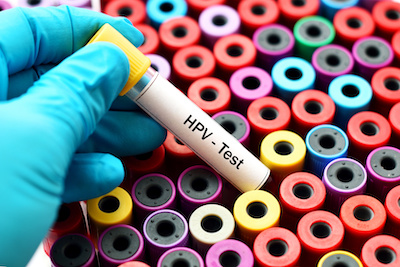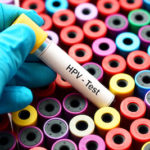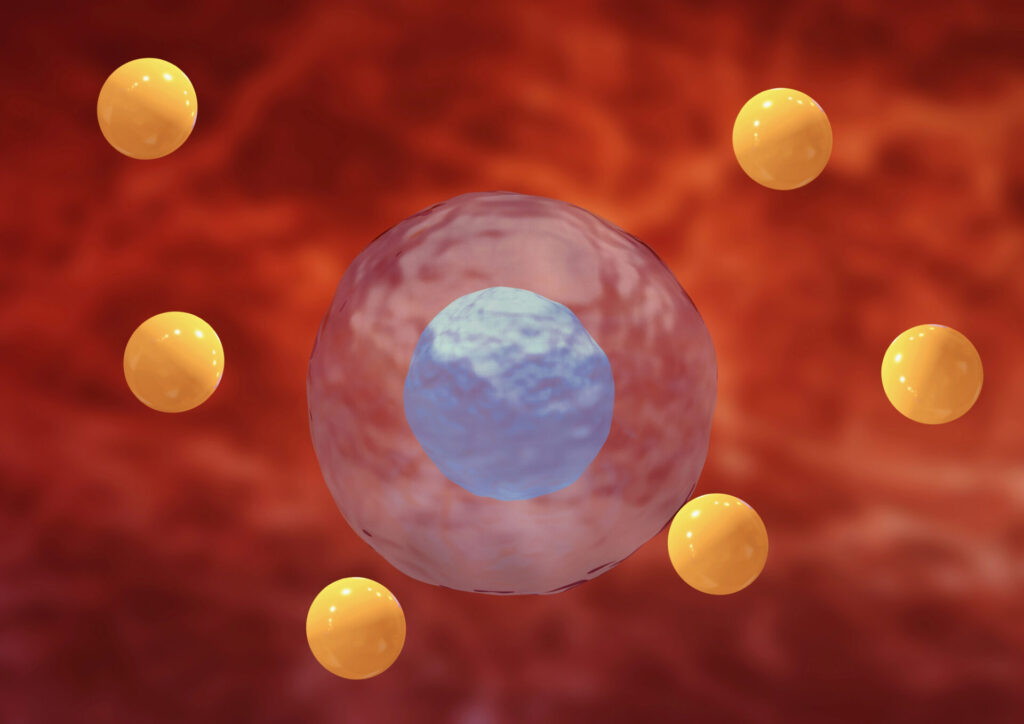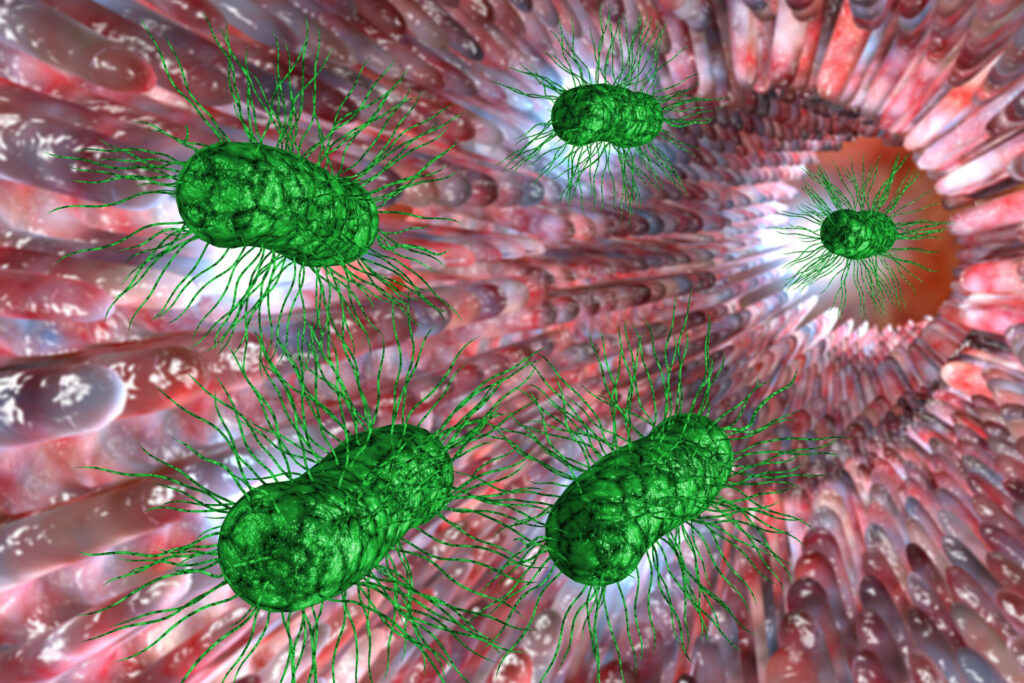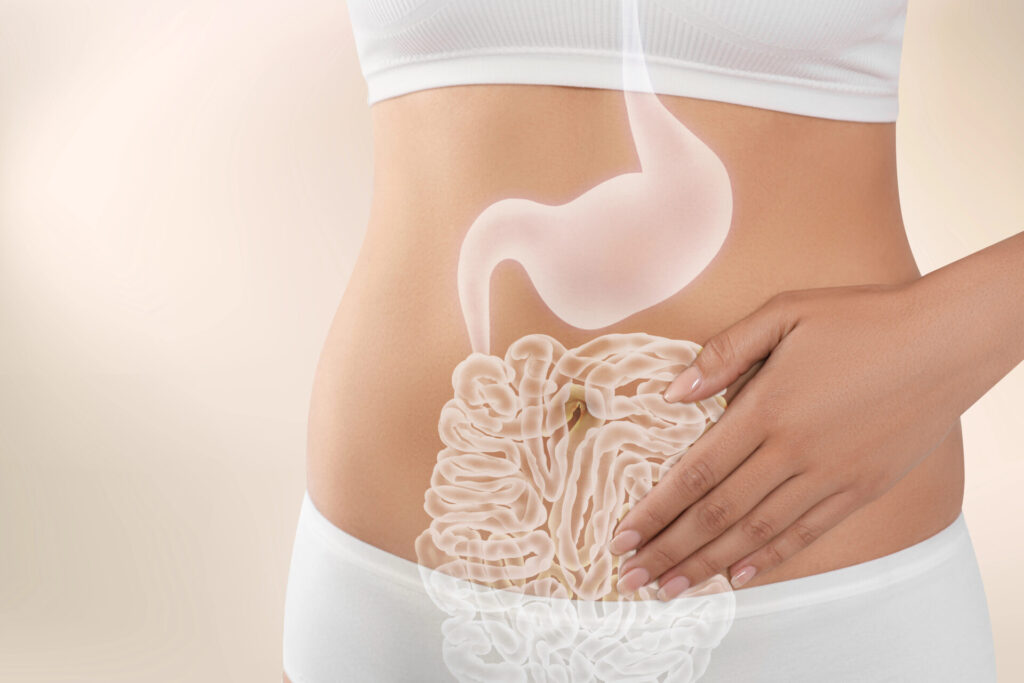In this video about Vitamin D and human papilloma virus, Dr. Alex Vasquez discusses HPV’s relationship to vitamin D status and response to vitamin D supplementation. The following is a short excerpt of the video (followed by the video):
“So as I said, in 2014, I’ll state it again here, if you don’t have a structured
understanding of a good, comprehensive antiviral strategy, then you really don’t have either an understanding or a strategy. And I can say that, after having gone through three different doctoral programs: we never learned an antiviral strategy, we never learned how to understand viral infections in a comprehensive way that would really leverage the clinical tools that we have for optimal effectiveness.”
“And when you look at my strategy, you get to see some ways that you can intervene and understand how these viral infections progress and how the body responds and that provides you some insight into ways that you could treat these virus-infection-related diseases, whether those are acute infections or persistent infections that go on to have other complications. So at the very least, let’s touch upon these major four categories:
- Antiviral: Starting with antiviral interventions, we can target the virus itself.
- Antireplication: We can use antireplication intervention, so that is targeting the machinery of viral replication, we can attack that process as well.
- Immunonutrition: We can use immunomodulation and immunonutrition because obviously, the immune system does usually a very competent job, protecting us from these viral infections. So let’s optimize immune function and that usually means nutritional supplementation.
- Cell and systemic support: We can also use cell and systemic support to mitigate some of the consequences of viral infections and of course, I’m talking about inflammation, oxidative stress and of course, mitochondrial dysfunction which accompanies many viral infections.”
Video with Dr. Vasquez:

